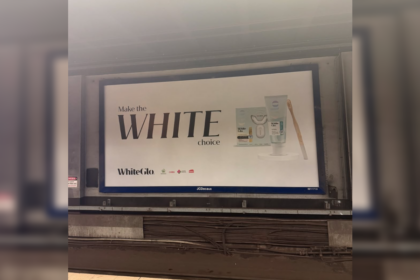As plans to ban junk food advertising before 9pm are considered by the UK government, debate now rages to the exact meaning of what actually constitutes junk food.
For most of us, junk food’s sugary breakfast cereals, KFC and soft drinks, however, the actual definition could mean a lot more everyday pantry items face the advertising chop.
Back in June, British prime minister Boris Johnson announced the “Better Health” initiative to tackle the countries spiralling obesity numbers.
Johnson declared Brits “will be happier, fitter and more resistant to diseases like COVID if we can tackle obesity”.
Part of the plan included a potential ban on all junk food advertising on the nation’s TV sets before 9pm.
But commentators in the UK have questioned the definition of what is junk food, saying the new rules will take out many common pantry staples.
According to the rules, to be defined as junk food a product has to contain more than 1.5 grams of salt, 20 grams of fat or 22.5 grams of sugar per 100 grams.
An that’s not just a Big Mac and a Coke, if those rules were applied everyday items such as sausage rolls, pies, tomato sauce, Marmite, fish fingers, pasties, bacon, cheese, houmous and even potato salad would face an advertising boycott.
As part of “Better Health”, the government also plans to ban “buy one get one free” promotions and is considering new rules on the placement of junk food in supermarkets.
Large restaurant chains would also be required to label the calories in their meals on the menu.
British policy think tank the Adams Institute has slammed the new rules.
“The government’s barmy ad ban plan doesn’t cut the mustard… well, technically it does,” Daniel Pryor, head of programs at the Adam Smith Institute said.
“Instead of helping consumers find great British produce, the definition of junk food takes out some of the country’s favourite food items.”








